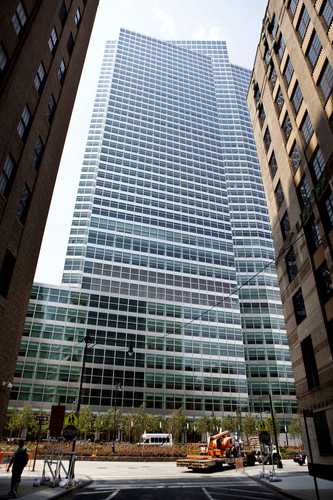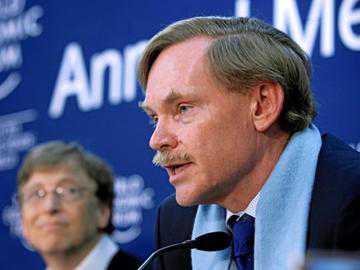Turkey’s bustling domestic arms industry has set its sights on the lucrative Middle Eastern export market. For now, arms exports to the region are limited, but Turkey’s private sector ambitions to become a major arms exporter may have larger geopolitical and strategic implications.
”]![AARONphoto Turkey is developing an indigenous arms industry. [Reuters]](https://www.turkishnews.com/en/content/wp-content/uploads/2011/08/AARONphoto.jpg) The AKP made developing the country’s indigenous defence industry a national priority and initiated a policy to increase government investment in local research and development spending in 2004. The strategy appears to have paid off — Turkey exported nearly $1 billion worth of arms in 2010, up from $200 million in the early 2000s.
The AKP made developing the country’s indigenous defence industry a national priority and initiated a policy to increase government investment in local research and development spending in 2004. The strategy appears to have paid off — Turkey exported nearly $1 billion worth of arms in 2010, up from $200 million in the early 2000s.
Prime Minister Recep Tayyip Erdogan campaigned on transforming Ankara into a hub for the defence industry. The ambitious centerpiece of this policy is the AKP’s determination to produce high-tech military equipment — fighter aircraft, helicopters, and drones — which it could then market abroad.
According to Birol Baskan, at Georgetown University’s Qatar campus, “Turkey has a thriving defence industry and it is now in a position to look for foreign markets. Turkey’s deepening military relations will not only help this industry expand further, but also increase Turkey’s soft power and influence in the region.”
Ankara is actively seeking to deepen economic ties with neighbours across a host of areas such as tourism, agriculture, husbandry, manufacturing, construction, health and transportation. This is part of a wider belief that economic interdependence and regional stability will benefit Turkey’s economic and security situation.
“Turkey made a true transition to an export-oriented economic growth model under the AKP,” says Baskan, adding that the Arab world and Iran are attractive markets for Turkey. “AKP’s conservative background helped in gaining access to these markets dominated by the US, European and the East Asian giants,” he says.
Yet Turkey’s military relationship with the Middle East is still in its infancy and Turkish firms have encountered difficulties competing against major exporters like the United States and European countries. However, Baskan believes that “in the coming years Turkey will invest more in this relationship.”
A primary motivation for deepening military co-operation with the Gulf States is a desire to expand Turkey’s “immediate and regional sphere of influence, in part to make itself as indispensable a player as possible to powers outside the region, such as the US but chiefly the EU”, argues Aram Nerguizian, a visiting fellow in strategy at the Center for Strategic and International Security.
“If Turkey could consolidate its role and leadership in the Middle East, this could present the EU with a compelling reason to consider Turkey’s accession to the EU. Middle East countries, in turn, could consider a growing role for a new Sunni bulwark in the region, potentially against Shiite Iran,” he says.
Baskan disagrees, arguing that “Turkey has its own reasons to engage the Middle East and it does not seem to care too much about how the US and the EU views Turkey’s deepening relations with the Middle East.”
However, the turmoil engulfing the region could complicate Ankara’s efforts to penetrate the Middle Eastern market. Turkey’s rapprochement with Syria is unraveling and business interest by Turkish entrepreneurs appears to be faltering. Meanwhile, poor relations with Israel — a significant arms producer — have impacted the countries’ military co-operation.
According to Nerguizian, events unfolding in the Middle East leave “many unanswered questions as to what Turkey’s role will look like at a time when the conservative Arab monarchies are so focused on internal stability and mutual survival”.
This content was commissioned for SETimes.com.





